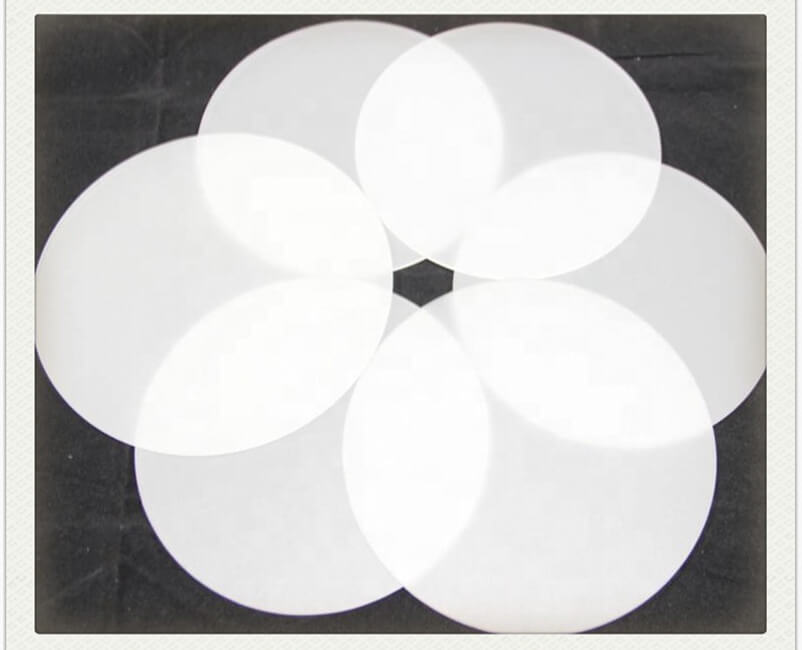PS diffusion sheets are widely used in various applications, including lighting and advertising, due to their excellent light diffusion properties. However, their durability and longevity in chemically challenging environments are crucial for their performance. Surface treatment plays a significant role in enhancing the chemical resistance of PS diffusion sheets. Here’s how this is achieved:
One of the most effective methods to improve the chemical resistance of PS diffusion sheets is the application of specialized coatings. These coatings can provide a barrier that prevents aggressive chemicals from penetrating the surface of the PS material, thus minimizing the risk of degradation.Common coatings include epoxy, polyurethane, and fluoropolymer-based coatings. Each of these offers varying degrees of chemical resistance depending on the specific chemicals the sheets may encounter.
This process involves modifying the surface of the PS diffusion sheet to enhance its properties. By creating micro-textures or altering the surface chemistry, the sheet can be made less susceptible to chemical attacks.Introducing functional groups onto the surface can increase adhesion and compatibility with chemical-resistant coatings, further improving the overall chemical resistance of the sheet.
Treatments that enhance hydrophobic properties can reduce water absorption, which is crucial in environments where moisture can lead to chemical reactions. By minimizing the interaction with water, the likelihood of chemical degradation is significantly lowered.Some treatments also impart self-cleaning properties to PS diffusion sheets, which can help remove contaminants that might otherwise promote chemical reactions.

During the manufacturing process, chemical-resistant additives can be blended into the PS material. These additives enhance the overall chemical resistance of the diffusion sheets, making them less prone to damage from aggressive chemicals.These additives help improve the durability of the PS sheets by preventing oxidative degradation when exposed to various chemicals.
Manufacturers often conduct rigorous testing to ensure that surface treatments are effective. This includes exposure tests to various chemicals under controlled conditions, ensuring that the treated diffusion sheets meet the required safety and performance standards.Continuous improvement based on testing results allows manufacturers to refine surface treatment processes, leading to better-performing products in terms of chemical resistance.
Surface-treated PS diffusion sheets typically exhibit better long-term performance when exposed to harsh chemicals. This durability means they require less frequent replacement, ultimately reducing maintenance costs and downtime.Enhanced surface properties often make these sheets easier to clean, which can help maintain their light diffusion properties and aesthetic appeal even in challenging environments.
The good chemical resistance of PS diffusion sheets is significantly enhanced through various surface treatment methods. These treatments not only provide a protective barrier against harmful chemicals but also improve the durability and functionality of the sheets in challenging environments. By investing in advanced surface treatment technologies, manufacturers can ensure that PS diffusion sheets maintain their performance and longevity, meeting the demands of various industrial applications.
 English
English 中文
中文 Español
Español


